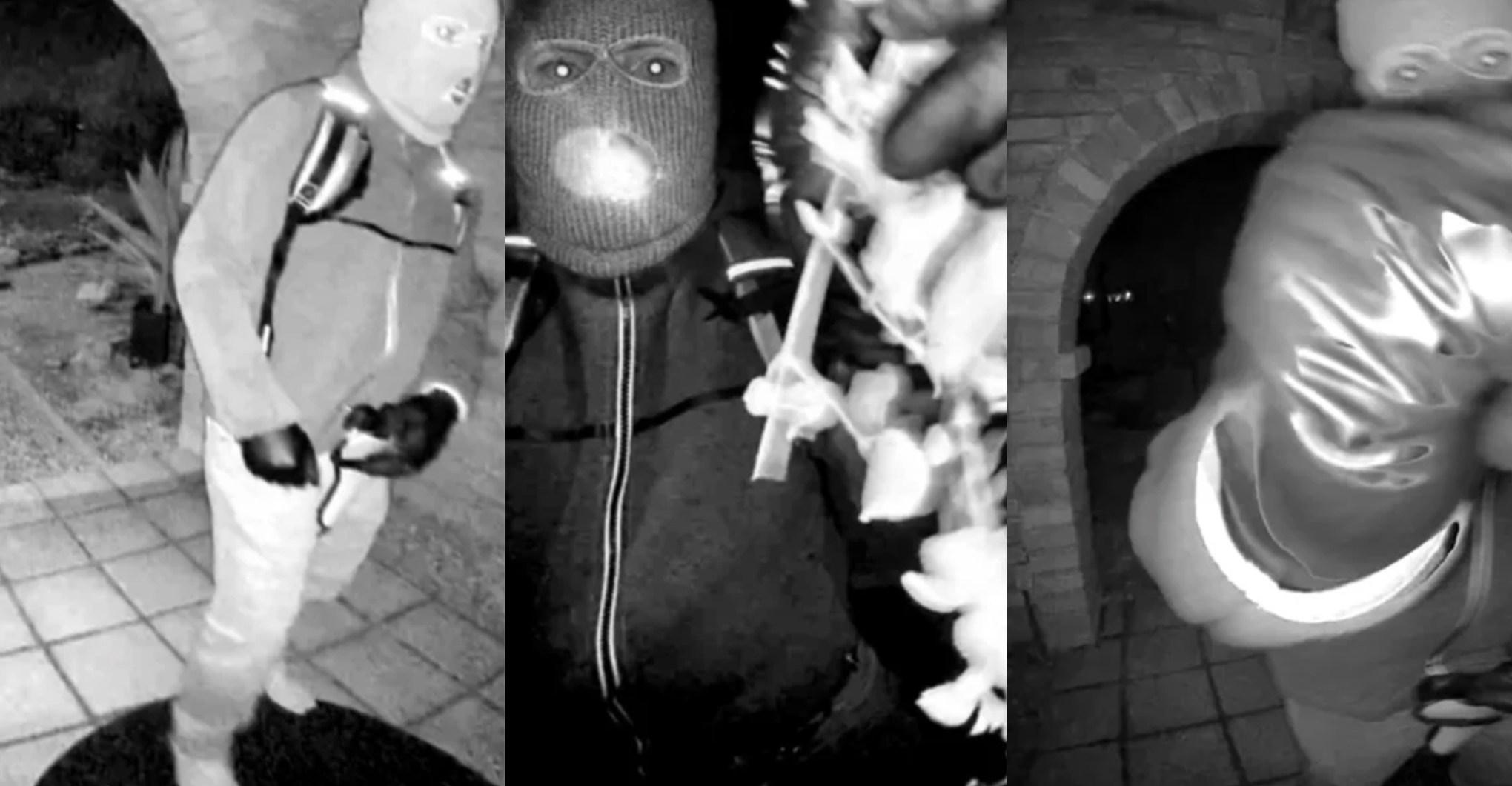The “dirty side” of a hurricane refers to the part of the storm that usually brings the highest impacts: the greatest winds, greatest tornado risk, and greatest storm surge and flooding. In the case of Atlantic hurricanes, which rotate counterclockwise, the “…

Published a year ago on Oct 20th 2024, 9:00 pm
By Web Desk

The “dirty side” of a hurricane refers to the part of the storm that usually brings the highest impacts: the greatest winds, greatest tornado risk, and greatest storm surge and flooding. In the case of Atlantic hurricanes, which rotate counterclockwise, the “dirty side” is on the right — where the winds are moving in the same direction as the storm, combining their speeds. This is why the greatest risk of storm surge during a hurricane is at the center of the storm, in the “eyewall,” and to the right of it, where the forward-moving winds push water onto shore.
Because the storm’s center is the strongest, forecasters tend to focus on tracking it, using a popular tool called the “forecast cone,” which shows the potential path of the center of a storm but leaves out the wider impact areas. So many viewers of hurricane forecasts don’t realize a storm’s impacts reach far beyond the cone, particularly on the right-hand side of the storm.
You can find this video and all of Vox’s videos on YouTube.
Movies can change the world, but not politically, says Berlin Film Festival juror Wim Wenders
- 20 hours ago

What we know about the mysterious closure and reopening of the El Paso airport
- 10 hours ago

Fitbit expands access to its AI health coach
- 12 hours ago

The Switch 2’s GameShare multiplayer turns this horror game into an unexpected comedy
- 3 hours ago

The Toyota Highlander is now a three-row electric SUV with 320 miles of range
- 12 hours ago

Why ‘deleted’ doesn’t mean gone: How police recovered Nancy Guthrie’s doorbell footage
- 3 hours ago
SMEDA mulls on-ground support for flagship cluster showcase participants
- 20 hours ago

Aurora says it will ‘triple’ its driverless truck network
- 3 hours ago

Talk to your kids about ICE
- 10 hours ago

Microsoft wants to rewire data centers to save space
- 12 hours ago

T-Mobile will live translate regular phone calls without an app
- 3 hours ago
Two US Navy ships collide, no major injuries, US Southern Command says
- 20 hours ago
You May Like
Trending











